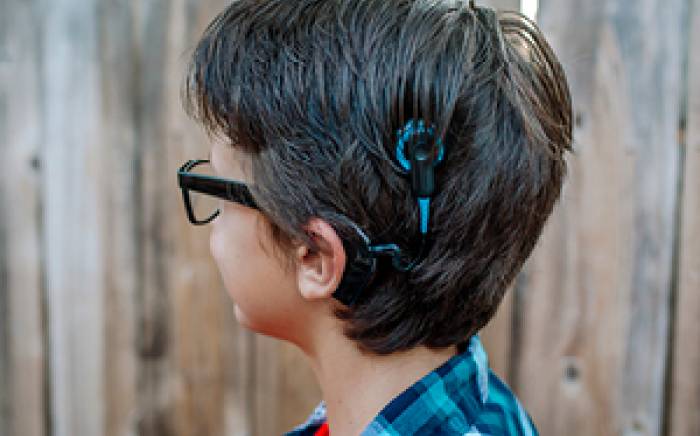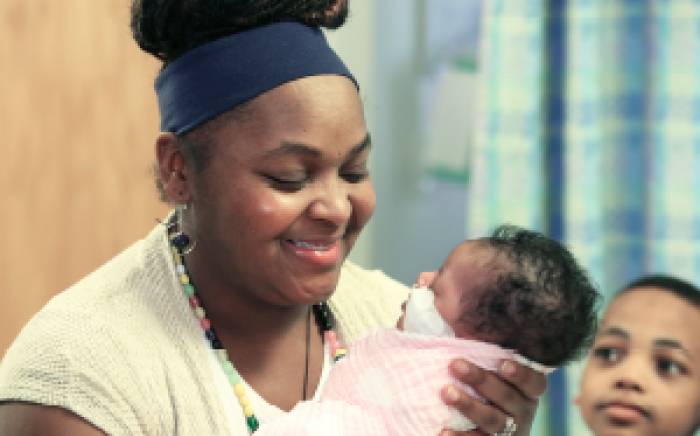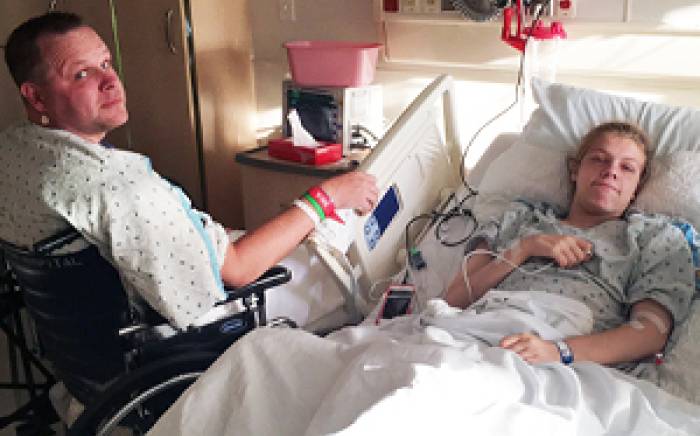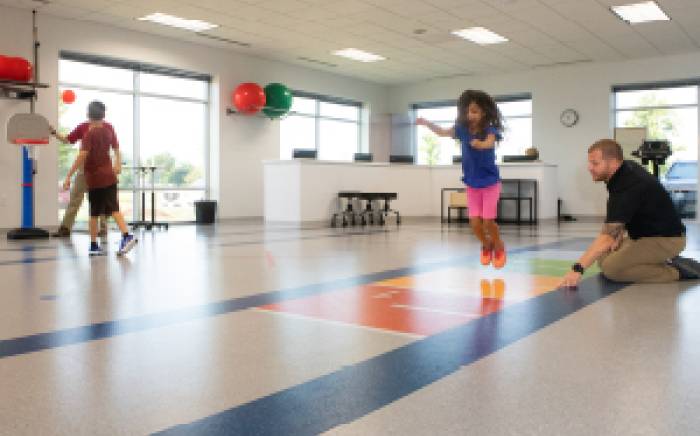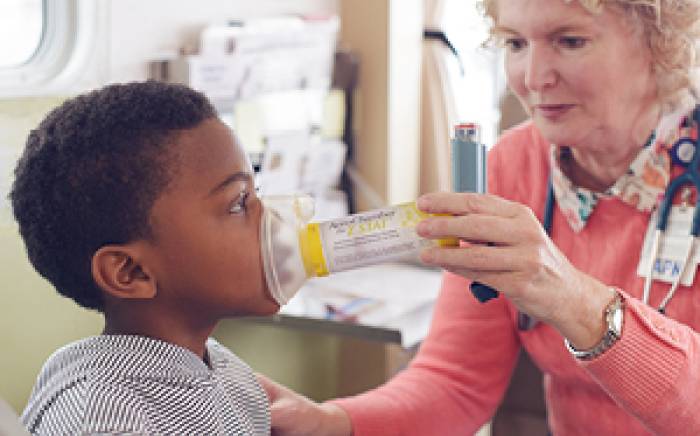 After being assaulted by several classmates in the girls’ restroom of her high school, Erica, age 17, was treated in the emergency department at St. Louis Children’s Hospital (SLCH).
After being assaulted by several classmates in the girls’ restroom of her high school, Erica, age 17, was treated in the emergency department at St. Louis Children’s Hospital (SLCH).
She suffered a concussion, sustained injuries to her back, and her eye took quite a beating. But those surface wounds told only part of Erica’s story, one that is all too familiar to the people in Erica’s life.
In fact, Erica’s harrowing experiences of living through or frequently witnessing acts of violence made her eligible for SLCH’s donor-funded Victims of Violence program. With more than $500,000 in funding from the Hauck Family Foundation, the hospital’s Victims of Violence program grew out of a pilot study showing that mentoring young victims of violence in ways to avert another attack reduced the likelihood of a repeat visit to the emergency department.
“Many of the children who have been the victim of interpersonal violence will go on to initiate violence toward others, leading to unsafe communities and further injury and death,” says Margie Batek, MSW, LCSW, Victims of Violence program director. “The goal of this program is to curb the reoccurrence of interpersonal violence in the lives of children who have been shot, stabbed, assaulted or involved in domestic violence and Fit for Confinement evaluations.”
Genai Houser, one of the program’s social workers at SLCH, became Erica’s mentor. Houser worked diligently with Erica to gain her trust, meeting with her regularly at a mutually agreed upon safe spot near Erica’s home or school in a neighborhood much like Houser’s own as a child.
“I always felt fortunate that no one in my family was directly impacted by violence,” Houser says, “but we definitely were surrounded by it.” One time, a man was shot and died on Houser’s front porch. “You can almost become numb to the violent acts you see every day,” Houser says. “Most of the kids we work with think of it as a normal part of life. Our challenge is to help them understand that it isn’t and that there are actions they can personally take to avoid the escalation of violence and keep themselves safe.”
The program, which recently added social workers at Barnes-Jewish, SSM Health Saint Louis University and SSM Health Cardinal Glennon Children’s hospitals, requires a minimum of six sessions with a Victims of Violence mentor. Along the way the mentors communicate with school personnel, deputy juvenile officers, court personnel, police officers and community agency staff who may be involved with the child.
Already traumatized by the shooting death of her father, Erica began opening up. Houser helped her process her loss and move beyond conflicts of the past. Because Erica was resistant to returning to school, Houser encouraged her to get her G.E.D. and pursue training to be a medical assistant.

